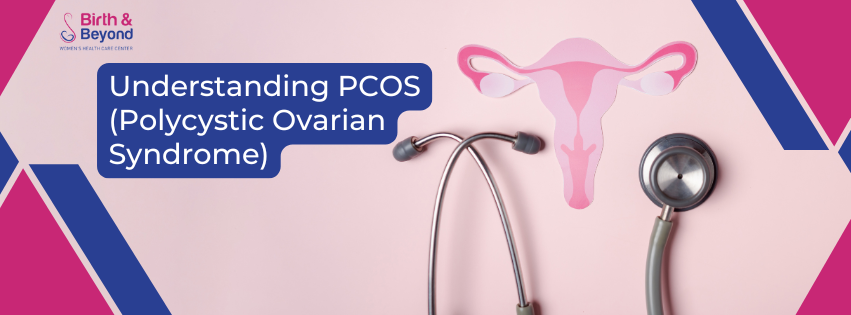Polycystic Ovarian Syndrome (PCOS) is a common hormonal disorder affecting women of reproductive age. It can impact menstrual cycles, fertility, hormones, and overall health. Understanding PCOS with treatment is the first step towards managing it effectively and leading a healthier life.

Frequently Asked Questions (FAQs) About PCOS
1. What is PCOS?
PCOS is a hormonal imbalance in women that affects the ovaries, leading to irregular periods, cyst formation, and sometimes fertility issues.
2. What are the common symptoms of PCOS?
- Irregular or missed periods
- Excess hair growth on face and body (hirsutism)
- Acne and oily skin
- Weight gain or difficulty losing weight
- Thinning hair or hair loss on the scalp
- Fertility problems
3. What causes PCOS?
While the exact cause is unknown, factors include insulin resistance, hormonal imbalance, genetics, and lifestyle influences.
4. How is PCOS diagnosed?
Diagnosis usually involves a combination of:
- Medical history review
- Physical examination
- Ultrasound to check for ovarian cysts
- Blood tests to measure hormone levels
5. How is PCOS treated?
PCOS Treatment depends on symptoms and fertility goals. Common approaches include:
- Lifestyle changes (diet, exercise)
- Medications to regulate periods or manage symptoms
- Fertility treatments if conception is a goal
6. Can PCOS affect overall health?
Yes, untreated PCOS can increase the risk of type 2 diabetes, high blood pressure, cholesterol issues, and endometrial cancer.
Why Choose a Gynecologist in HSR Layout for PCOS Management?
Choosing the right specialist can make all the difference in managing PCOS effectively. A gynecologist in HSR Layout provides:
- Expert evaluation and personalized treatment plans
- Advanced diagnostic tools for accurate assessment
- Support in fertility planning and hormonal management
- Guidance on lifestyle modifications and long-term health
For a deeper understanding of PCOS and its management, watch the full video with Dr. Sunita Pawar to get expert insights and guidance.
